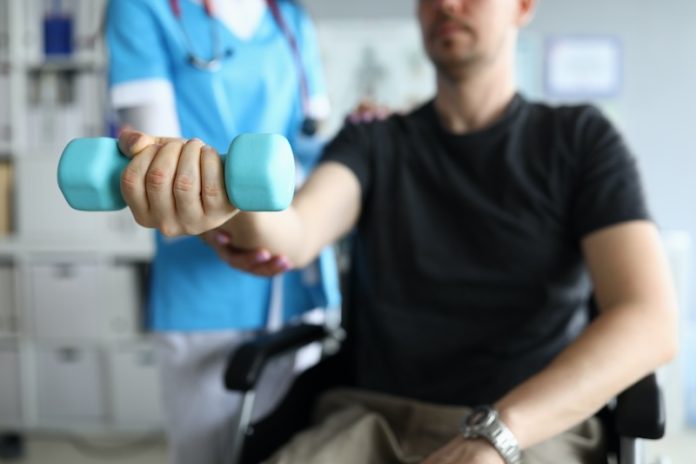
A study from the University of Leeds has brought forward some intriguing findings on how dietary choices can impact the risk of hip fractures, particularly in women.
Hip fractures are a major health concern as they can lead to chronic illnesses, loss of independence, and even premature death.
The research team discovered that increasing protein intake significantly reduces the risk of hip fractures in women. Specifically, an increase of 25 grams of protein per day was linked to an average 14% reduction in hip fracture risk.
This protein can come from various sources, including meat, dairy, eggs, beans, nuts, and legumes. For example, three to four eggs, a steak, or a piece of salmon can provide around 25 grams of protein, and 100 grams of tofu offers about 17 grams.
In an unexpected finding, the study also revealed that each additional cup of tea or coffee consumed was associated with a 4% lower risk of hip fracture.
The benefits were even more pronounced for underweight women, where a 25 g/day increase in protein intake could reduce their risk by up to 45%.
The study analyzed data from over 26,000 women and found that just over 3% of them experienced a hip fracture.
These findings are significant as they are among the first to explore the relationship between diet, nutrient intake, and the risk of hip fractures, with the data being meticulously gathered from hospital records.
The research highlights the importance of diet in maintaining healthy bones and muscles. Proteins are essential for cellular, tissue, and muscle function and contribute significantly to bone health.
This is particularly crucial for underweight women, who may have lower bone mineral density and muscle mass.
By increasing the intake of specific foods and nutrients, especially protein, women can potentially reduce their risk of hip fractures.
This approach can be especially beneficial in maintaining or restoring bone and muscle health in underweight women.
This study, led by James Webster and published in Clinical Nutrition, adds to the growing understanding of how diet affects bone health.
It underscores the potential of dietary interventions in preventing hip fractures and promotes overall bone and muscle wellness.
For those interested in bone health, this research complements other studies on the impact of diet and nutrition, including the risk of hip fractures in vegetarian women and the role of vitamins in reducing bone fracture risk.
It also ties into broader discussions about how dietary patterns, like the Mediterranean diet, can influence various aspects of health, including muscle health in older adults and the risk of conditions like rheumatoid arthritis.
Follow us on Twitter for more articles about this topic.
Copyright © 2023 Scientific Diet. All rights reserved.





